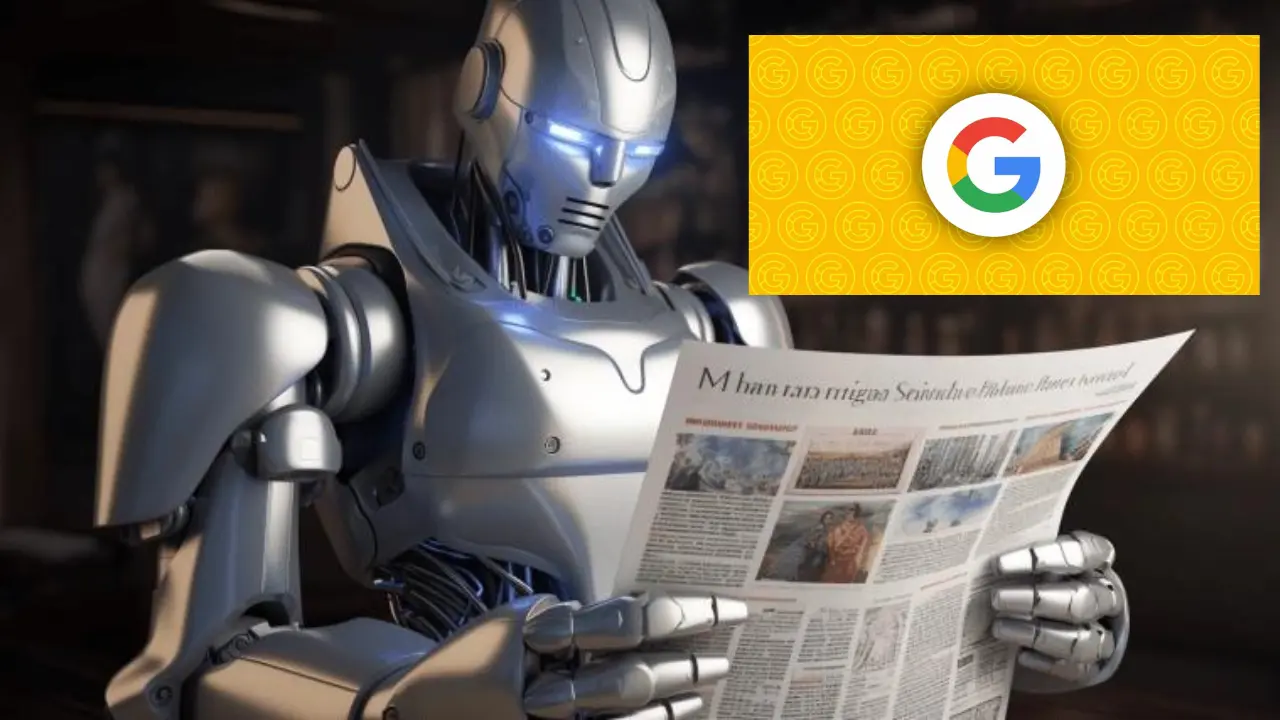Google AI (Genesis) tools that can write news articles: will it replace human journalists?
AI will take the place of humans in the workforce. It is likely that you have heard this sentence at least once in your life.
Our time's technical developments are largely to blame for this anxiety, but developments in the last year have made these anxieties a reality. Sadly, several vocations are beginning to become obsolete as a result of the rising trend of AI. My work is at the forefront of this. It appears that Google wants to replace journalists' roles as storytellers by using the AI tool "Genesis." Details of this can be found below:
Can Google Genesis AI tool take over a journalist's job?
Artificial intelligence technologies are experiencing a sharp rise in competition. With the launch of ChatGPT, Google, which had fallen behind in the race for artificial intelligence, has narrowed the gap. With the release of Bard 2.0, the firm recently came to our attention. It now aims to apply its technology to other fields. For instance, because it just reached relationships with hospitals, Google intends to deploy AI technology for diagnosis. However, the intentions of the multinational technology company are not just for the medical industry. 'Genesis' is part of the company's larger plan to revolutionize the media in significant ways.
According to the most recent rumors, Google's new tool, Genesis, has been demonstrated to media executives from The New York Times, The Washington Post, and News Corp. Genesis, according to the company, is designed to make journalists more effective and productive rather than to take their place. However, some detractors worry that the tool might cause journalists to lose their expertise and misinformation to propagate. And that's not the only issue either.
In addition, despite what its name suggests, AI could not be as intelligent as we believe. Yes, it can write text quickly, whereas it can take several individuals a long time. AI, however, is unable to genuinely think like a person. It can be duped into believing misleading information since it uses its data that is saved and the internet to verify facts. For instance, a persuasive argument could persuade an AI that 2+1 = 4. This could disseminate false information if it is utilized in an article.
There are already instances of news items produced by AI that are unreliable or deceptive. The fact that these technologies are still in the early stages of development must be kept in mind. They might be able to create more accurate and trustworthy material as they advance in sophistication. In the end, it will be interesting to observe how Genesis affects the media sector. Before this technology is widely used, it is crucial to be informed of the potential risks and advantages.
